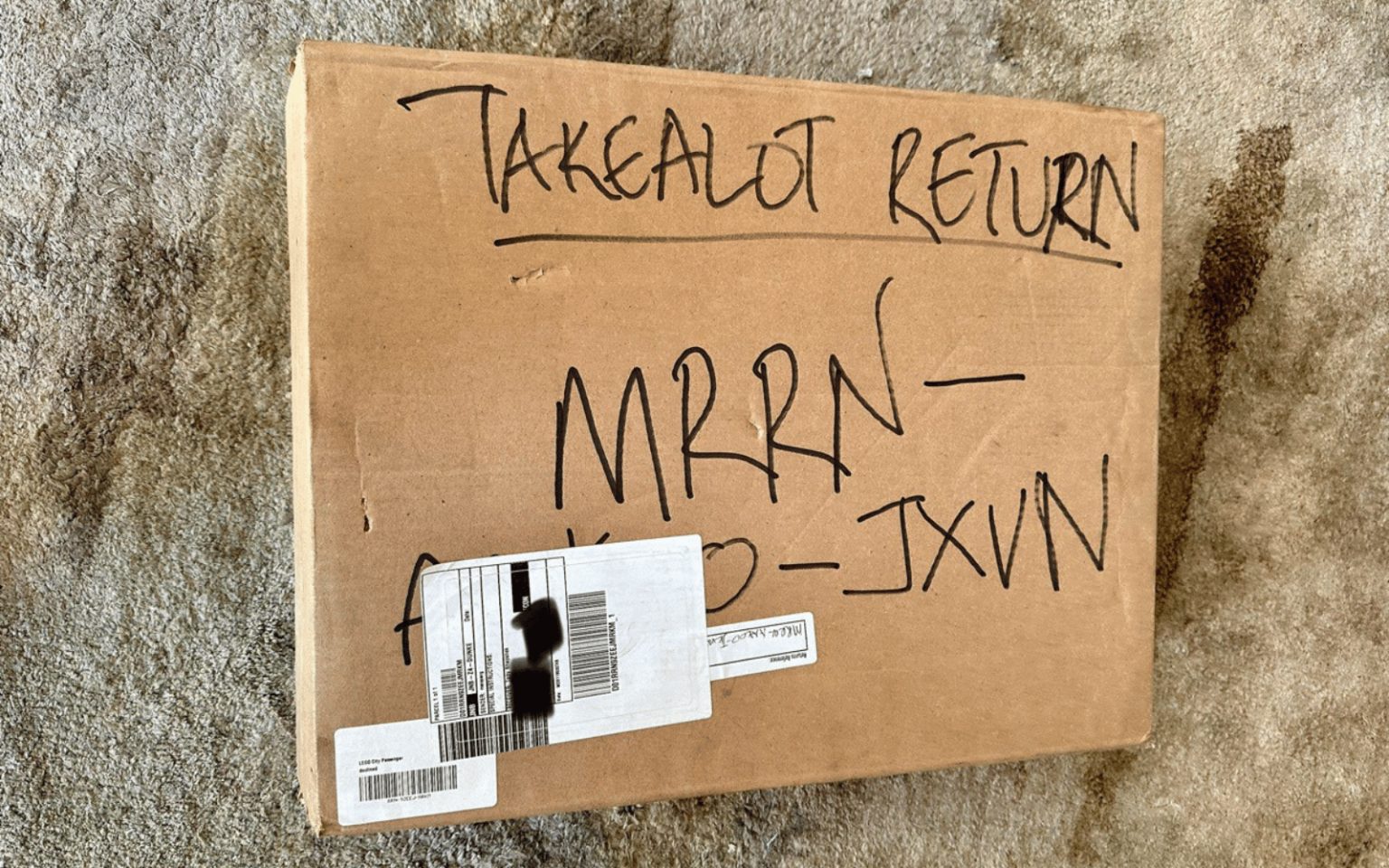Most of South Africa’s youth don’t watch a TV set. Why should they? They have a mobile entertainment console in their hands that can access the new form of television: streaming. Jason Probert, general manager of digital services for MTN South Africa, tells Stuff editor-in-chief Toby Shapshak how he is making it easier and more cost-effective. Who needs a TV when you have mobile streaming Also available on Spotify | Google Podcasts | Apple Podcasts Now Hear: How mobile video use is evolving, with MTN’s Jason Lobel
Author: Toby Shapshak
“If you made a movie about AI now, it would be called ‘Everything, Everywhere, All at Once’,” joked Jens-Hendrik Jeppesen, Workday’s senior director for corporate affairs for Europe, the Middle East and Africa (EMEA), referring to the Oscar-winning film. Jeppesen captures the current zeitgeist around artificial intelligence, which was a low-key tech industry buzzword for years before OpenAI’s ChatGPT turned it into the mainstream in November 2022. Now, AI is at its peak of what Gartner calls the “hype cycle” – which most of us remember about the first year of the so-called fourth industrial revolution (4IR). Unlike that now-faded…
If Kenneth Nkosana Makate invented the Please Call Me service where is his patent? Or even his patent application? The only patent application was submitted by former MTN lead data consultant Ari Kahn and filed with the Patent Office by Spoor & Fisher on 22 January 2001. His patent was awarded the same day. Kahn told me she briefed MTN’s legal representatives on 16 November 2000, having conceived of the idea the day before. While Makate was a trainee accountant at Vodacom, Kahn was lead data consultant at MTN from 1994 to 2002 – where he worked on a range…
If ever there was a delightful phrase, it’s “revenge travel”. That was last year’s mantra. This year’s is much more fun. Xiaomi 20,000mAh 50W charger R1,400 | Makro For the last few years, the most important thing I looked for on a new power bank was a USB-C port. This upgrade from the old square-shaped USB-A is already three times faster, but add extra wattage and the power bank charges a device much faster. Most smartphones can handle 20W to 30W – while laptops range from 30W to 65W. But what if your power bank had very high wattage and…
“Mr Zuckerberg, what the hell were you thinking?” Senator Ted Cruz asked the Facebook CEO yesterday in an incendiary US Senate hearing about online sexual exploitation. Cruz was referring to an Instagram warning that users might see content containing or concerning child sexual abuse material but asks if they would like to “see the results anyway”. It is unbelievable that such madness even exists but it’s indefensible that it isn’t taken down immediately. Zuckerberg argued that the “basic science behind that… [is] often helpful to, rather than just blocking it, to help direct them towards something that could be helpful”.…
Before he sold his startup to Workday, MIT-trained Sayan Chakraborty worked at NASA’s famed Jet Propulsion Laboratory as an engineer on interplanetary spacecraft; and later on the early commercialisation of GPS. He has seen many new things in a storied career, including as vice president of software development at Oracle. As much as AI is a game-changer, he tells Stuff editor-in-chief Toby Shapshak, “every business nowadays is a talent business”. Workday’s co-president Sayan Chakraborty talks rocket science Also available on Spotify | Google Podcasts | Apple Podcasts
When both my wife and I each bought our son the same box of Lego, I simply returned the product I had bought to Takealot. I hadn’t even opened the brown cardboard box it arrived in. I wrote the return code on the box – I no longer have a printer at home – in large letters with a black koki. The same day it was collected, Takealot emailed to inform me, “Unfortunately, your return has been declined due to specific criteria not being met in line with our Returns Policy”. What was the reason given? “Item have a…
Last year I went camping with my six-year-old son. We both loved it. My parents loved the outdoors, and we always went camping. I hiked and camped until my late 20s, after which I could afford to, well, stay indoors. So, when my son’s school had a dads and lads weekend, I was arguably more enthusiastic than he was – until a friend offered us his tent and we set it up in our garden a week before to check it had all the poles and gear. But before my friend’s helpful offer – including the most important new upgrade, sleeping…
Would you pay a monthly fee for your smartphone software? More specifically, would you pay $15 a month so Android doesn’t track you and send all of that data back to Google? Most of us would probably say no fairly immediately. Why pay R300/m when Android comes “free” on your phone, most might reply. Except it isn’t “free” by any definition. Consumers are paying with their personal privacy and data. Google, which is the very definition of surveillance capitalism, makes money from tracking you and what you do on the internet. Google is guilty of “deceiving and manipulating consumers to…
For many years, right after returning from the Dezemba holidays, relaxed, I would haul myself into a small metal tube and schlep halfway around the world to Las Vegas. In the first week of January, this year the second, the technology industry all heads to Vegas – a mindboggling 30-hour-ish flight — for the gadget spectacle that is the Consumer Electronics Show (CES). For a young South African tech journalist (when I first went), it was glorious. It’s easily the largest consumer electronics show in the world, showing off a veritable wonder of shiny things in cavernous halls, filled with…










